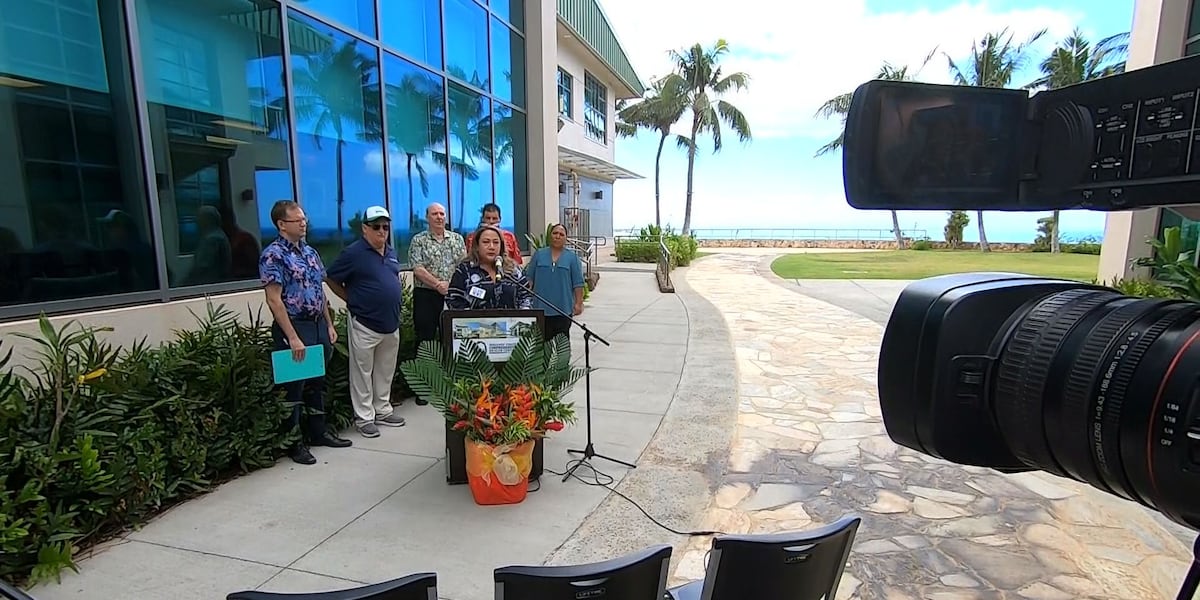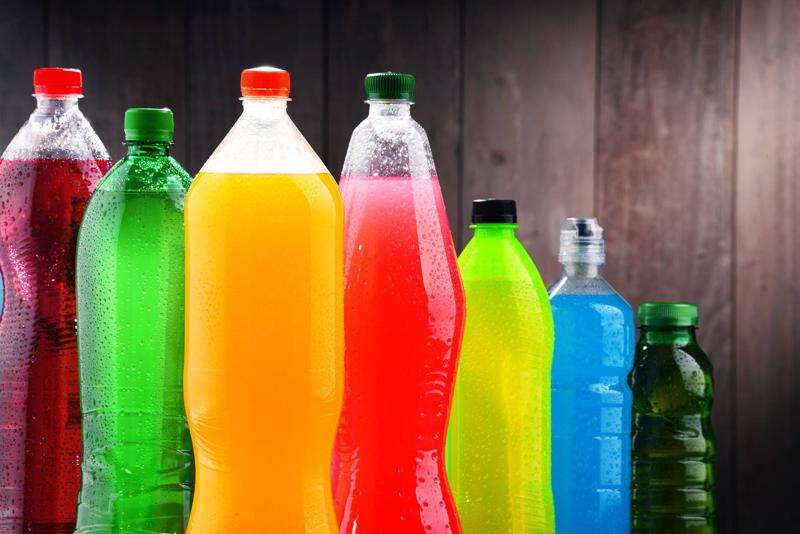Stay Safe This Rainy Season: Your Guide to Preventing Monsoon Illnesses in the Philippines

The rainy season in the Philippines is a welcome relief from the heat, but it also brings with it a rise in common illnesses. Increased humidity and potential water contamination create the perfect breeding ground for bacteria and viruses. Don't let monsoon season dampen your spirits – this guide provides essential information on prevalent infections and practical steps you can take to protect yourself and your family.
Understanding the Risks: Common Monsoon Illnesses
Several diseases tend to spike during the monsoon season. Here's a breakdown of the most common concerns:
- Typhoid Fever: A bacterial infection spread through contaminated food and water. Symptoms include high fever, headache, abdominal pain, and rash.
- Hepatitis A: A viral infection affecting the liver, typically transmitted through the fecal-oral route. Look out for fatigue, nausea, jaundice (yellowing of the skin and eyes), and abdominal discomfort.
- Cholera: A severe diarrheal infection caused by contaminated water. Characterized by profuse watery diarrhea, vomiting, and rapid dehydration.
- Dengue Fever: Transmitted by mosquitoes, dengue causes high fever, severe headache, muscle and joint pain, and a characteristic rash. The rainy season sees mosquito populations thrive.
- Leptospirosis: A bacterial infection spread through contact with water contaminated by animal urine. Symptoms can range from mild flu-like illness to severe kidney failure and hemorrhage.
Prevention is Key: Protecting Yourself and Your Family
Fortunately, many monsoon illnesses are preventable with simple precautions:
1. Water Safety:
- Boil Water: Always boil water for at least one minute before drinking, especially if you're unsure of its source.
- Use Purified Water: Consider using bottled or purified water for drinking, cooking, and brushing your teeth.
- Avoid Street Food: Be cautious about eating food from street vendors, particularly if it's been sitting out in the open.
2. Food Hygiene:
- Wash Fruits and Vegetables Thoroughly: Rinse all fruits and vegetables under running water and preferably with a disinfectant solution.
- Cook Food Properly: Ensure that meat and poultry are cooked thoroughly to kill any harmful bacteria.
- Store Food Safely: Keep food covered and refrigerated to prevent contamination.
3. Mosquito Control:
- Use Mosquito Repellent: Apply mosquito repellent containing DEET or picaridin regularly, especially during peak mosquito hours (dawn and dusk).
- Wear Protective Clothing: Cover your skin with long sleeves and pants when possible.
- Eliminate Breeding Grounds: Get rid of standing water in flower pots, tires, and other containers where mosquitoes can breed.
4. General Hygiene:
- Wash Your Hands Frequently: Wash your hands with soap and water regularly, especially before eating and after using the restroom.
- Maintain Clean Surroundings: Keep your home and surroundings clean and dry.
When to Seek Medical Attention
If you experience any of the symptoms mentioned above, consult a doctor immediately. Early diagnosis and treatment can significantly improve outcomes and prevent complications.
Stay informed, stay vigilant, and enjoy the rainy season safely!






